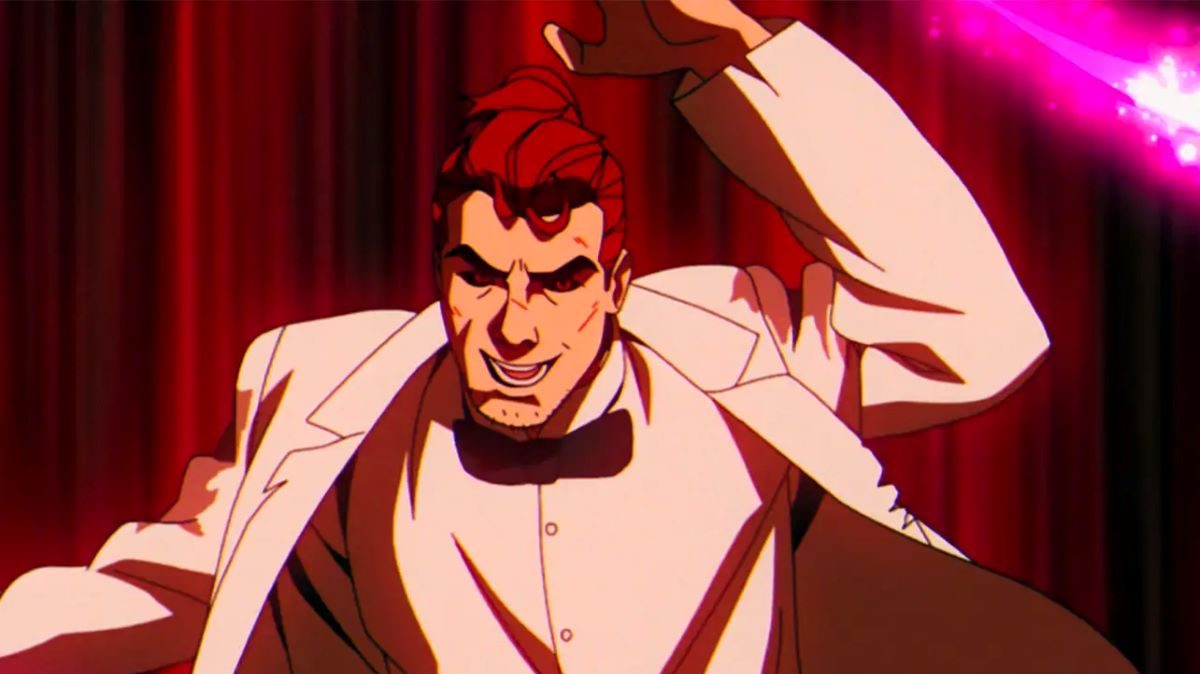‘X-Men ’97’ Episode 5 Is Its Highest Standard Yet, And The Rest Of Marvel Studios Must Follow Its Lead

Right from the outset, it was obvious that X-Men ’97 was neither your run-of-the-mill cartoon nor your typical Marvel Studios story, but it wasn’t until episode five dropped earlier this week that we got to see the height of its artistic powers (so far, anyway; we have five episodes left).
I’ve said it before and I’ll say it again: The biggest hurdle facing the mainline continuity of Marvel Studios projects (which have the largest hand in forming the public narrative around the work they put out) is their insistence on being in service to their brand under Disney. This negatively affects their storytelling potential in a number of ways, from the inorganic strain of connecting to a larger, overarching narrative that means nothing to us yet (and won’t for a long time), to the studio meddling that’s no doubt been responsible for the influx of milquetoast creative decisions, be it the last seven CGI army fights we’ve swallowed or the entirety of Ant-Man and the Wasp: Quantumania.
Marvel Animation, particularly through the animus of the independent, self-contained serial of X-Men ’97, has proven to be unburdened by these parameters. Right out of the gate did we see a neck-and-neck balance of superpowers and delicately-crafted human emotion, all of it punctuated by its passionate handling of everything the X-Men have stood for since their inception. Indeed, Magneto may be the master of magnetism, but he’s a complete novice when it comes to subtlety, and it’s created some of the most delectable moments in the show so far.
The show’s wielding of allegory goes far beyond individual characters, of course, with the Wild Sentinel’s devastating attack on Genosha quite deliberately echoing the violence—in all of its forms—that always seems to encroach upon society’s more vulnerable demographics, even in spaces designed to protect them.
But the boldness with which a show stands by its identity is only one half of the equation; the other half is nailing down the storytelling fundamentals, and the treatment of Gambit’s character arc in the fifth episode of X-Men ’97—in tandem with the entire canon that began with X-Men: The Animated Series—is exemplary of the show’s elite dexterity in that aspect, as well.
One thinks back to Professor X’s last words to Remy LeBeau before the former departed for the Shi’ar Empire in the original series’ finale: “Gambit, how often must a scoundrel prove himself a hero, before he believes it himself?” Indeed, despite the swath of valiant deeds he’s performed since coming under Xavier’s roof, Gambit’s suave exterior always hid the heart of a man who never saw himself as worthy, least of all of love, hence the ardent but uncertain dance that he and Rogue always seemed to be having.
And from the moment he and Nightcrawler began riffing on the esoteric nuances of love right up until he stopped Rogue from throwing herself into the murderous sights of the Wild Sentinel, we effectively saw Gambit’s life flash before our very eyes in episode five. Gambit can economically but fundamentally be defined by the fact that everybody else sees him as the hero he undoubtedly is, and while he believes he himself doesn’t deserve love, that was never going to stop him from loving Rogue with all his heart—a love that arguably drove his heroism in a crucial way.
This all comes to a head during that climactic moment that jolted tear ducts everywhere, namely his explosive sacrifice that dealt the killing blow to the Wild Sentinel, leaving a regretful Rogue sobbing over his corpse. In that moment, there was no way, shape, form, or fashion in which anyone could deny Gambit’s status as not only a hero, but as a paragon of mutantkind. This is due not only to the nature of Gambit’s sacrifice, but also the fact that Gambit is no longer around to doubt it.
And the recent sentiment of season one showrunner Beau DeMayo brings it all home; Gambit never got to see the day where he well and truly got to thrive in his skin, much less in the world he lived in, and the same could be said about so many other lives that were cut short by needless tragedy, perpetuated by a system that forces the violent, debilitating consequences of unchecked insecurity upon us all. The question is: How many more lives must the world lose before we say “enough is enough”?
Indeed, when Gambit uttered those last words, “Remember it,” it’s clear that he wasn’t just talking to the Wild Sentinel. And that, dear readers, is why X-Men ’97 is in a class of its own over at Marvel Studios, and why they must look to this show as inspiration going forward.
(featured image: Disney Plus)
Have a tip we should know? tips@themarysue.com